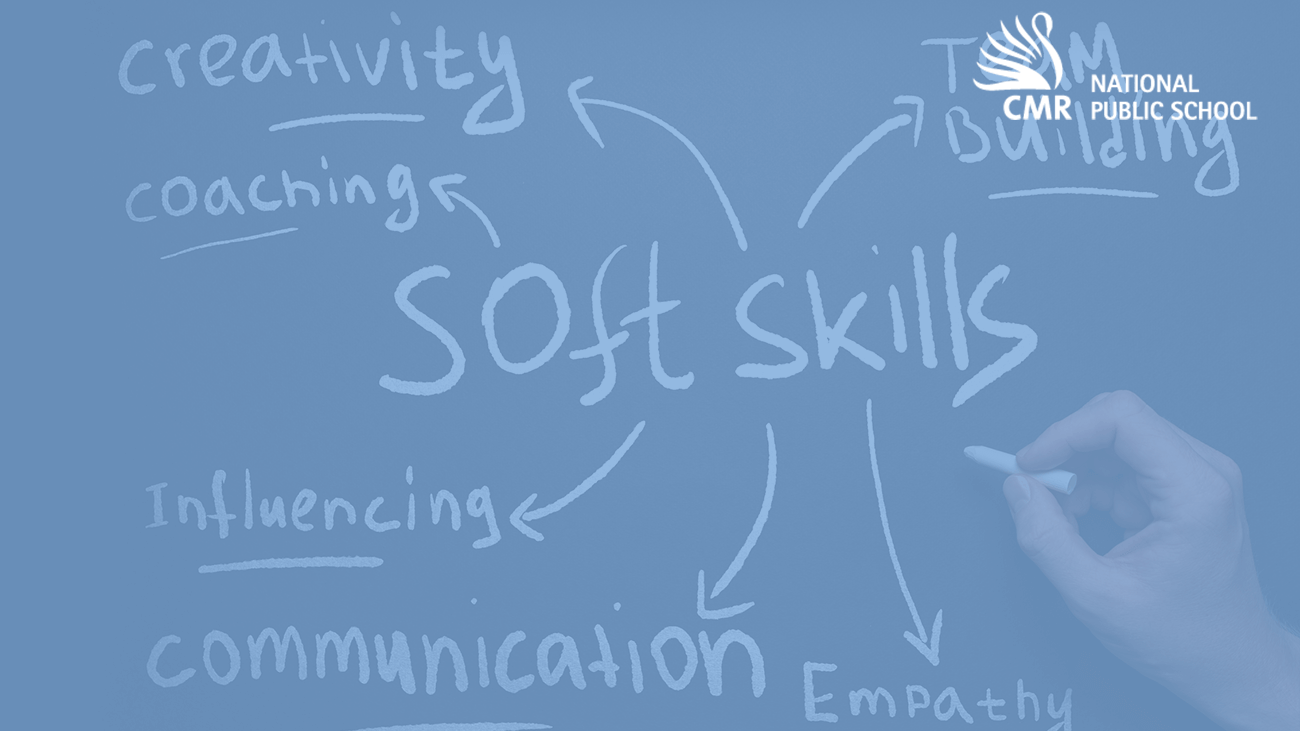Use of Communication Skills in Classroom
Communication is an important part of our lives and teaching these skills in the classroom provides a strong foundation for children. While there is an abundance of resources available for children to hone their skills, there is a lack of general conversation and interaction between children and adults due to busy work schedules, stress, and gadget use. However, there are many ways these skills can be taught by teachers in the course of everyday lessons and interactions.
- Encourage listening- listening is an important part of communication. While there is an overemphasis on being a confident speaker, it is equally important that children learn to listen to the other person. This can be modeled by adults who take time out to really hear what children have to say, asking relevant follow-up questions and showing genuine curiosity.
- Use of vocabulary- There are multiple benefits to having a large vocabulary. However, it is also useful as it allows an individual to really express what is on their mind. Teaching respectful language and vocabulary can be done by encouraging students to first think through and write what they would like to say before speaking. Also, letting them know about the consequences of words spoken in anger/irritation/hurt allows them the rationale to develop this skill.
- Reflection and introspection- Allowing space and time for students to learn and understand where their feelings come from and what drove them to say or do whatever they did. This can also be done through curious questioning about what the child was going through when they did something. When this happens in the absence of judgment and criticism, children are able to reflect on their actions and take appropriate steps.
- Turn-taking- Encourage turn-taking in conversations. This involves clear rules of non-interruption, waiting for their turn, and listening to what the other person has to say. Sometimes, using an object such as a ball to signal who has the floor to speak gives clear signs of when someone can speak.




